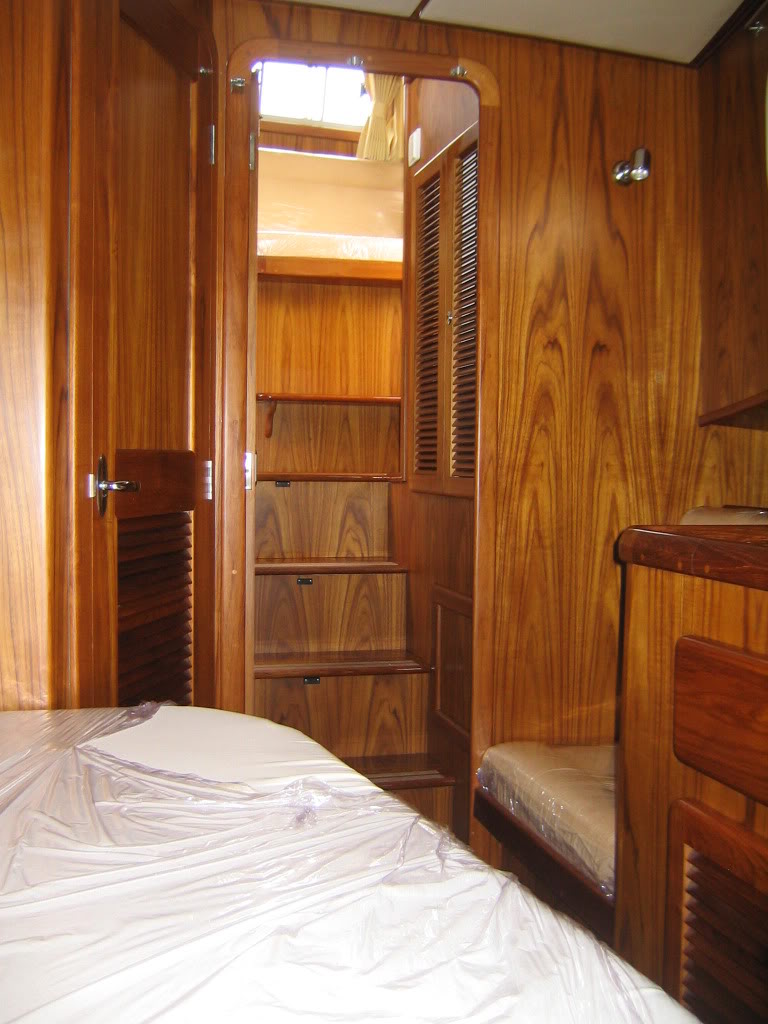bfloyd4445
Guru
what are the advantages of wood over plastic, etc.
what are the advantages of wood over plastic, etc.

Eric, I`ve owned some of them. If I think of buying another Jaguar (remember the proud owners boast " drove 800km from Sydney to Melbourne and it only caught fire once") I have a cup of tea and a good lie down. If that ever fails I will seek medical help.There are lots of wonderful cars to have and drive that are more trouble to maintain than a Toyota Corolla.
BruceK,
It's a mistake to embalm wood in plastic as it needs to breath.
There are lots of wonderful cars to have and drive that are more trouble to maintain than a Toyota Corolla.
BruceK,
It's a mistake to embalm wood in plastic as it needs to breath.
.
...................................................Wood boats are stronger (design can change that), lighter (or both to a lesser degree) quieter (diagree but depends on design), usually easier to repair (depends on the repair and skills of the repairer and tools available), better looking (probably the ONLY difference I'll agree to), more insulative (not over cored plastic), easier for a non-boat builder to build and because of the abundance of people that aren't aware of the real advantages of wood (why build something that has so few advantages...I'd go metal first), wood boats are very cheap now (they are cheap because of having so few advantagesand if it was properly cared for and looks good...it's more expensive than plastic) .

Wood boats rot from the top down, fiberglass from the bottom up, steel from the inside out and aluminum just goes up like a fizzy. Pick your poison.
RandyT
Spot on RandyT!
I've played with a bit of osmosis and rust over the years, but overall I still prefer rot. Of course given an open ended budget, I'd be tempted to try a bit of that Dashew fizz.
Wood boats rot from the top down, And, worms come in from bottom up, fiberglass from the bottom up Not well applied layers of thick hand laid FRP with good resin and thick gel coat, steel from the inside out, And, outside in as well as anywhere in between. and aluminum just goes up like a fizzy... I think that's where Alka Seltzer got its idea! Pick your poison.
RandyT



So what's your point Marin?
